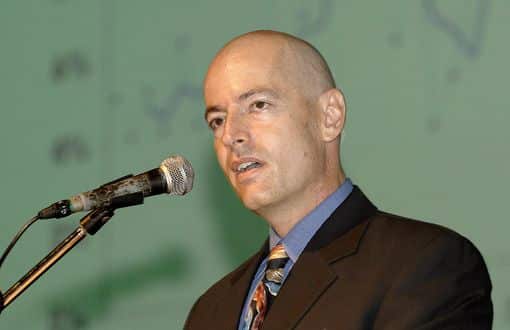
The Hunter Medical Research Institute has laid the foundation for the development of a centre in the Hunter to specialise in health economics.
The Hunter Medical Research Institute has laid the foundation for the development of a centre in the Hunter to specialise in health economics.
Like other branches of economics, health economists seek ways to use the health sector’s resources in the most efficient way. They work closely with health researchers to add an economic perspective to the interpretation of health interventions.
There is a world-wide shortage of health economists so the local initiative has the potential to contribute to the Hunter Region’s growing knowledge-based economy and simultaneously grow the extent of the Region’s contribution to national and international health research, policy development and policy implementation.
Health economics, as is mainstream economics, is intrinsically concerned with how scarce resources are used. In health economics the focus is often on providing information to policy makers about the various choices they have when spending a limited health budget.
While some of the analysis that health economists employ are wide ranging, as in the case of cost-benefit analysis, most of the work done by health economists involves comparing one or more health interventions that have the same or similar outcome. This is done by what is called a cost effectivenessanalysis: the comparison of costs to achieve a specified health outcome, such a measureable improvement (e.g. millimetres of mercury – mm Hg) in blood pressure.
Cost effectiveness analyses have been an essential component of some of Australia’s most successful health-related institutions. The Pharmaceutical Benefits Scheme (PBS), for example, uses the technique to determine whether new drugs are to be listed on the PBS.
The Hunter is the home of leading researchers in many health fields, including brain injury, population health, and asthma and airways disease. The health economists will work with these researchers to add an economic perspective to their existing and future projects. The health economists will also develop their own areas of specialisation.

The previous HVRF Director of Research, Andrew Searles (pictured above), joined Professor Chris Doran late in 2011 to embark on the health economics initiative. Professor Doran has an international track record in health economics with specialisations in drug and alcohol research. He was also a chief investigator in a five-year National Health and Medical Research Council (NHMRC) project to assess the cost effectiveness of over 150 interventions for non-communicable diseases with a focus on Indigenous Australians.
A core aim of the collaboration between HMRI, the University of Newcastle and the HVRF is the sharing of the skill base in health economics with economists at the HVRF and the development of research opportunities both within and outside the Hunter.
HMRI would like to acknowledge the Traditional Custodians of the land on which we work and live, the Awabakal and Worimi peoples, and pay our respects to Elders past and present. We recognise and respect their cultural heritage and beliefs and their continued connection to their land.
Hunter Medical Research Institute
We’re taking healthy further.
Locked Bag 1000
New Lambton
NSW, Australia, 2305


This site is protected by reCAPTCHA and the Google Privacy Policy and Terms of Service apply.
Copyright © 2024 Hunter Medical Research Institute | ABN: 27 081 436 919
Site by Marlin Communications
